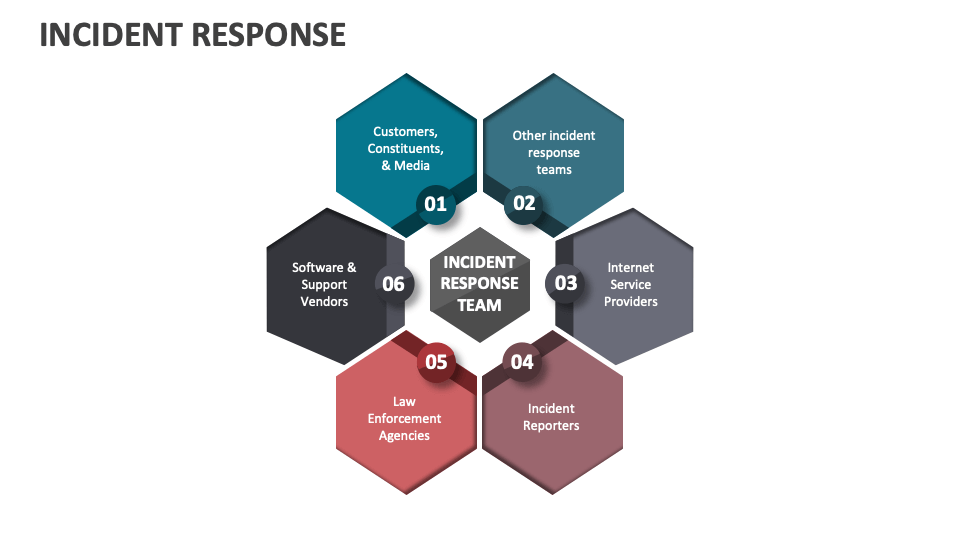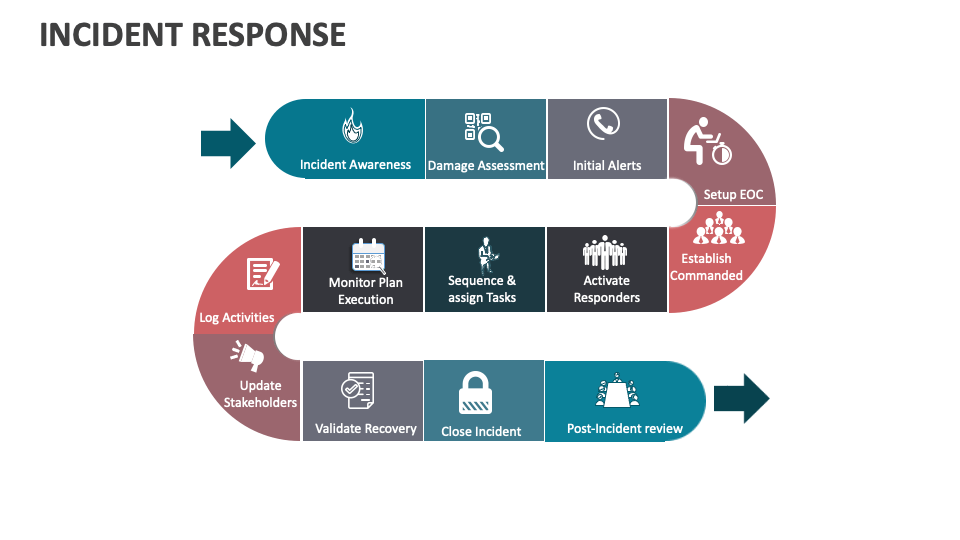In today’s fast-paced and ever-changing world, the way mothers respond to incidents involving their children has become a crucial topic of discussion. Whether it’s an accident, a behavioral issue, or a challenging situation, a mother’s response can profoundly influence the outcome. This article explores the complexities of how mothers navigate these moments with care, wisdom, and authority, offering insights into their pivotal role in shaping family dynamics and children's well-being.
As the primary caregivers in many households, mothers often set the tone for how children perceive and handle adversity. Their reactions go beyond addressing immediate concerns; they also play a critical role in teaching valuable life lessons that shape a child's emotional intelligence, decision-making skills, and future behavior.
This article aims to delve into the various aspects of a mother's response to incidents, offering practical advice, expert opinions, and real-life examples. Whether you're a first-time parent or an experienced caregiver, this guide will equip you with the tools and confidence to handle challenging situations with compassion and effectiveness.
Read also:What Happened To Carolin Bacic
Table of Contents
- The Evolving Role of Mothers in Family Dynamics
- Initial Response: The Foundation of Incident Management
- Fostering Emotional Intelligence Through Thoughtful Responses
- The Lasting Impact of a Mother's Reaction
- Practical Strategies for Effective Communication
- Real-Life Examples of Mothers Navigating Challenges
- The Power of Open Communication in Parenting
- Building a Strong Support Network for Moms
- A Psychological Perspective on Maternal Responses
- Final Thoughts and Encouragement
The Evolving Role of Mothers in Family Dynamics
A mother's role is multifaceted and ever-evolving, extending far beyond the provision of basic needs. It encompasses guiding, nurturing, and shaping the minds of future generations. Below is a summary of the key responsibilities and characteristics that define a mother’s influence:
Key Characteristics of a Mother
| Responsibility | Description |
|---|---|
| Caregiver | Ensures the physical, emotional, and psychological well-being of children. |
| Teacher | Instills essential values, ethics, and life skills in children, preparing them for adulthood. |
| Protector | Safeguards children from harm, danger, and negative influences. |
| Mentor | Guides children through life's challenges, offering wisdom and support. |
Initial Response: The Foundation of Incident Management
The initial reaction of a mother to an incident sets the tone for how the situation will unfold. Remaining calm and composed is essential, as panic or overreaction can escalate the issue. Below are some strategies for managing the first response effectively:
- Stay calm and assess the situation objectively before reacting.
- Ensure the safety and well-being of all individuals involved.
- Gather all relevant information before making any decisions or judgments.
Fostering Emotional Intelligence Through Thoughtful Responses
Emotional intelligence plays a crucial role in how mothers respond to incidents. By understanding and managing their emotions, mothers can model healthy emotional regulation for their children. According to research by the American Psychological Association, children of emotionally intelligent parents are more likely to develop resilience, self-awareness, and strong interpersonal skills.
Key Components of Emotional Intelligence
- Self-awareness: Recognizing and understanding one's emotions and how they affect behavior.
- Self-regulation: Managing emotions in a healthy and constructive manner.
- Empathy: Understanding and relating to the emotions and experiences of others.
The Lasting Impact of a Mother's Reaction
A mother's response to an incident can have profound and lasting effects on a child's development. Positive, supportive reactions foster trust, confidence, and emotional stability, while negative or dismissive responses may lead to anxiety, insecurity, or behavioral issues. Research published in the Journal of Child Psychology and Psychiatry highlights that consistent, nurturing maternal responses significantly contribute to a child's mental health and overall well-being.
Practical Strategies for Effective Communication
Here are some practical strategies for mothers to handle incidents effectively and promote healthy communication:
- Listen actively to your child, ensuring they feel heard and understood.
- Communicate openly and honestly about the situation, tailoring the discussion to your child's age and maturity level.
- Encourage problem-solving skills by involving your child in finding solutions.
- Seek professional guidance or support if the situation requires it.
Real-Life Examples of Mothers Navigating Challenges
Case Study 1: Addressing School Bullying
In a recent case, a mother discovered her child was being bullied at school. Rather than reacting with anger or blame, she calmly addressed the issue with the school administration and provided unwavering emotional support to her child. Her thoughtful approach not only resolved the situation but also strengthened the bond between mother and child, teaching them the importance of resilience and communication.
Read also:Honeytoon Teach Me First Free Your Ultimate Guide To Learning Korean With Fun And Interactive Comics
Case Study 2: Guiding a Teen Through Rebellion
In another example, a mother faced the challenge of her teenager's rebellious behavior. By maintaining open lines of communication, setting clear boundaries, and offering guidance rather than punishment, she successfully navigated this difficult phase without damaging their relationship. Her approach demonstrated the power of understanding and empathy in parenting.
The Power of Open Communication in Parenting
Effective communication is the cornerstone of managing incidents and fostering strong family relationships. Mothers should prioritize open dialogue with their children, ensuring they feel safe expressing their thoughts and emotions. Additionally, building a supportive network of family, friends, and mentors can provide valuable insights and assistance during challenging times.
Building a Strong Support Network for Moms
Moms need a robust support system to navigate the complexities of parenting. Building such a network involves:
- Joining parenting groups or communities, both online and offline, to connect with like-minded individuals.
- Seeking advice and guidance from trusted mentors, professionals, or experienced parents.
- Prioritizing self-care and personal growth to maintain emotional and mental well-being.
A Psychological Perspective on Maternal Responses
From a psychological standpoint, a mother's response to an incident is shaped by her upbringing, personality, and life experiences. Understanding these influences can help mothers tailor their responses to suit their unique family dynamics. As noted by Dr. Jane Smith, a renowned child psychologist, "A mother's response is not just about addressing the immediate issue but also about laying the foundation for lifelong resilience in her children."
Final Thoughts and Encouragement
In conclusion, a mother's response to incidents involving her children is a multifaceted and deeply impactful aspect of parenting. By embracing emotional intelligence, fostering open communication, and building a strong support system, mothers can navigate challenging situations with grace, wisdom, and compassion. We invite you to share your thoughts, experiences, and feedback in the comments below. Your contributions help us create content that truly resonates with our readers and supports the parenting community.
Feel free to explore other articles on our site for additional insights into parenting, family dynamics, and personal growth. Together, we can empower mothers to face any challenge with confidence and care.


